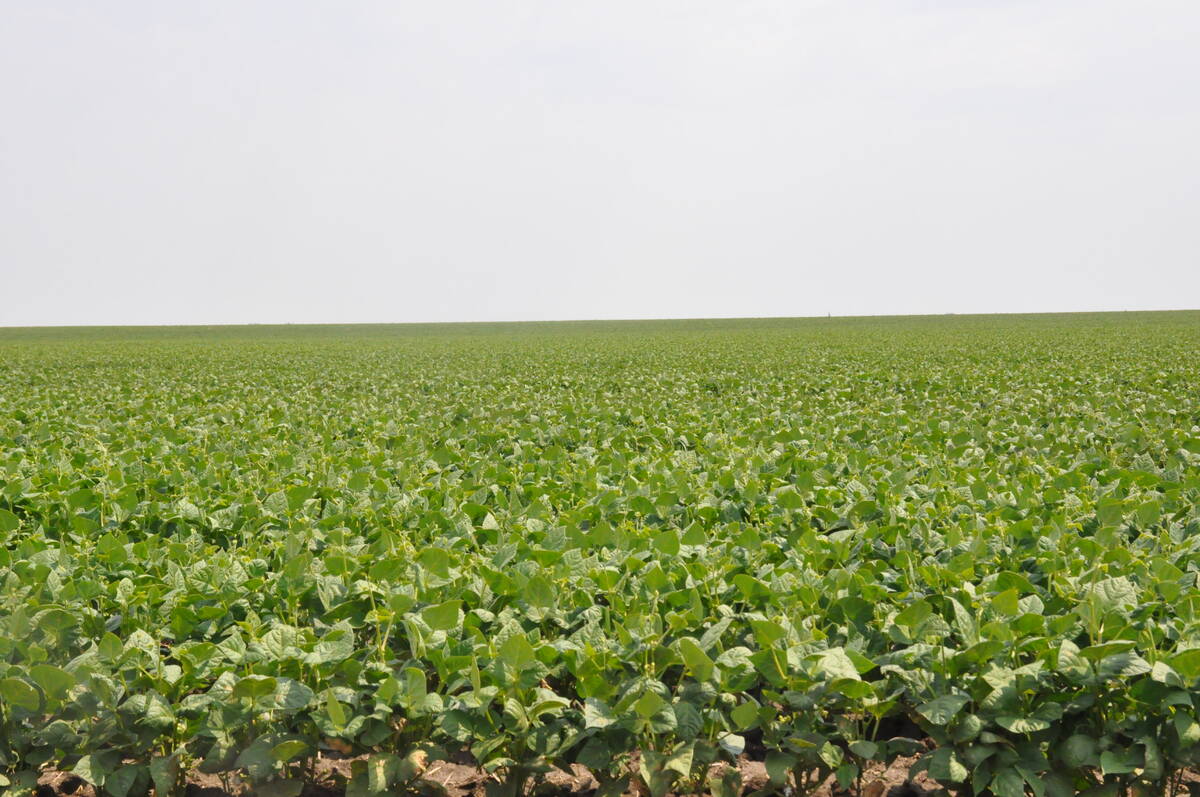WINNIPEG – Small margins, global subsidies and the large amount of
capital invested in the modern farm underline the need for an effective
transfer of management skills from one generation to the next.
Speaking at a conference on family farm succession in Winnipeg, Wilson
Loree, director of Alberta Agriculture’s agriculture management
service, said transfers will be more successful if an incoming manager
has time to learn the ropes.
“Transferring management is a process, not an event,” he said, echoing
Read Also

Coloured bean production down, whites are up
Bean prices have been slumping and the outlook is for more of the same.
a theme that ran through the seminars.
Succession is really thinking about a continuation, he said, noting
families need to decide first if they want the farm to continue.
The younger generation has much to learn from the senior one. They have
to agree to disagree on some points, but acknowledge each member’s
contributions and skills in the operation, he said.
Loree suggested working together to find a better solution than either
one could come up with on their own.
He said people resist succession planning because of negative attitudes
toward change. They may not know where or how to begin or cannot see
“what’s in it for them”.
David Kohl of Virginia Polytechnic Institute and State University said
the new farm generation should start making management decisions within
six years of getting involved on the farm.
While the older generation risks their capital, Kohl said the younger
generation risks their future.
“You don’t want to have the son find himself at 42, with the dad, 71,
making all the decisions and screwing up on some of them,” Kohl said.
He believes the farm transfer process has to begin before the older
generation turns 65 or they will hang on until death.
He encouraged young farmers to work off the farm and develop labour,
management and networking skills before returning to the farm.
“You have to learn to take orders under someone else,” he said.
Kohl suggested mentoring with other farmers and taking adult education
courses.
He referred to a job shadowing model where youth can study “best farm
models” and learn first-hand about effective farm management practices.
He said families have to celebrate small successes and realize the farm
succession will be realized five to 10 years down the road.
Loree suggested an evolving buildup of responsibilities and skills.
Many younger people have skills in financial management and can
effectively use computers to do analysis, buy equipment and explore
markets.
“Managing risks with 10 percent margins, mistakes have a tougher time
to recover,” he said, referring to the need for more than a high school
education to manage today’s farm.
Loree referred to research that shows producers have higher levels of
education in larger operations with more than $250,000 in gross annual
sales. Their farms tend to be more business oriented and have business
and succession plans in place.
Loree suggested letting the child take over in safer areas of the farm
business, which are not likely to make a big an impact on the overall
business. Learn there and develop some confidence before moving on, he
said.
“Skills that are needed today are beyond the capacity of any one
individual to be able to put it all together to manage a business,” he
said.
The professional adviser’s role is to be a catalyst and help families
see what is down the road.
They can keep succession planning focused on the business and get
people to talk about goals and future directions.
They can help find out what is needed to operate the farm effectively
and establish business processes. Loree said creating a standard
operating process helps families see why and how decisions are made.
Advisers can also share other families’ experiences.
Loree said successful farm managers get the job done, are proactive,
know what their goals are and anticipate change. They need to network
with other farmers, farm organizations and the larger business
community.
They are resource managers, not producers, he said.
“Doing things right and doing the right things are parts of management
skills that need to be transferred between generations in order to be
successful in our transition succession plans and in order to be
successful farmers in the future,” he said.














